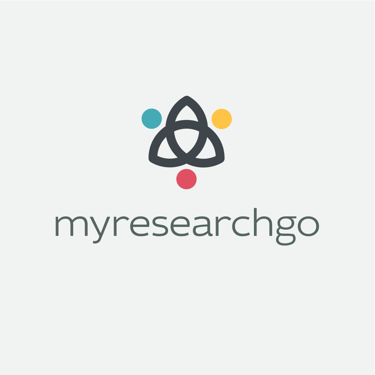PHYSICOCHEMICAL QUALITY ASSESSMENT OF BIODIESEL SYNTHESIZED USING NOVEL ZEOLITE CATALYSTS FROM WASTE COOKING OILS: COMPLIANCE WITH EN 14214 AND ASTM D6751
Mina Bairagi , Dr. Jayshree Parikh Research Scholar (Department of Chemistry, Shri JJTU University, Jhunjhunu, Chudela, Rajasthan , India)
ABSTRACT
This research explores the transesterification of waste cooking oils (WCOs) over two new heterogeneous catalysts: Sn-RH-Zeolite and K₂CO₃-CaO–Zeolite. The catalysts were rice husk ash-derived chemically modified zeolite and screened for catalytic performance, structural stability by FTIR, XRD, and TGA methods. Both the catalysts yielded over 93% biodiesel under optimized transesterification conditions. Sn-RH-Zeolite was a better catalyst due to its dual Brønsted and Lewis acid nature, successfully catalyzing higher oils containing free fatty acids in. In addition, after five cycles of reuse, it maintained over 70% activity. Initially very active, K₂CO₃-CaO-Zeolite quickly deactivated as a result of structural breakdown and potassium and calcium species leaching. Viscosity, acid value, iodine value, flash point, and FFA content are some of the key physicochemical factors that were evaluated in biodiesel produced from leftover sunflower and mustard oil. Every value was discovered to be within the parameters, vis-a-vis fuel quality and engine compatibility. The results show the potential of modified zeolite catalysts for future sustainable production of biodiesel from degraded feedstocks. Future research should be focused on regeneration of damaged catalysts, scale-up, and integration with waste valorization methods for enhancing circular bio-economy and cleaner energy processes.
Keywords: Biodiesel, WCO, SRZ, KCZ, Transesterification, Catalyst Reusability, Physicochemical Properties, ASTM D6751, EN 14214, FFA
How to cite?
Bairagi, M., & Parikh, J. (2025). Physicochemical Quality Assessment of Biodiesel Synthesized Using Novel Zeolite Catalysts from Waste Cooking Oils: Compliance with EN 14214 and ASTM D6751. myresearchgo, 1(4), 114.
DOI CrossRef


